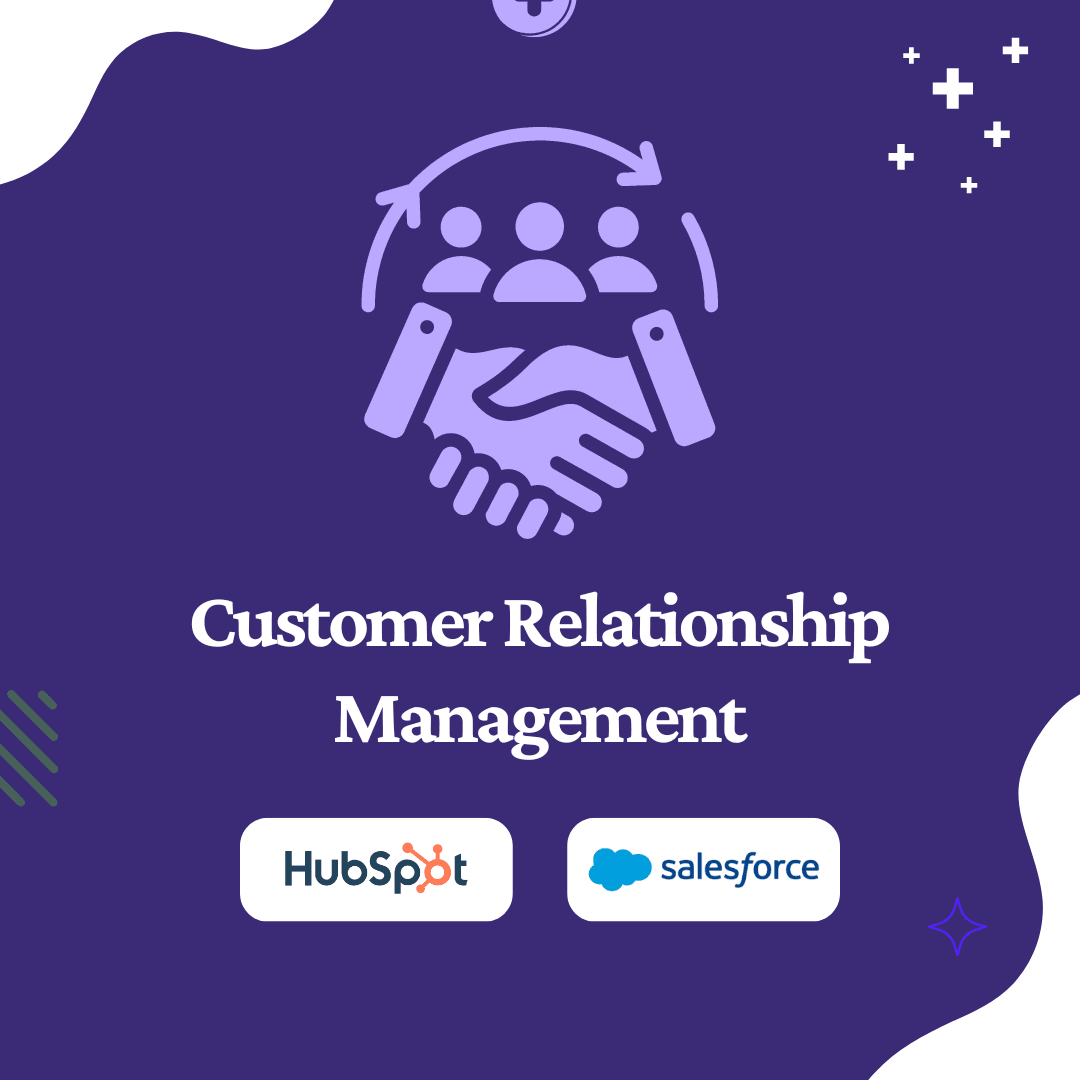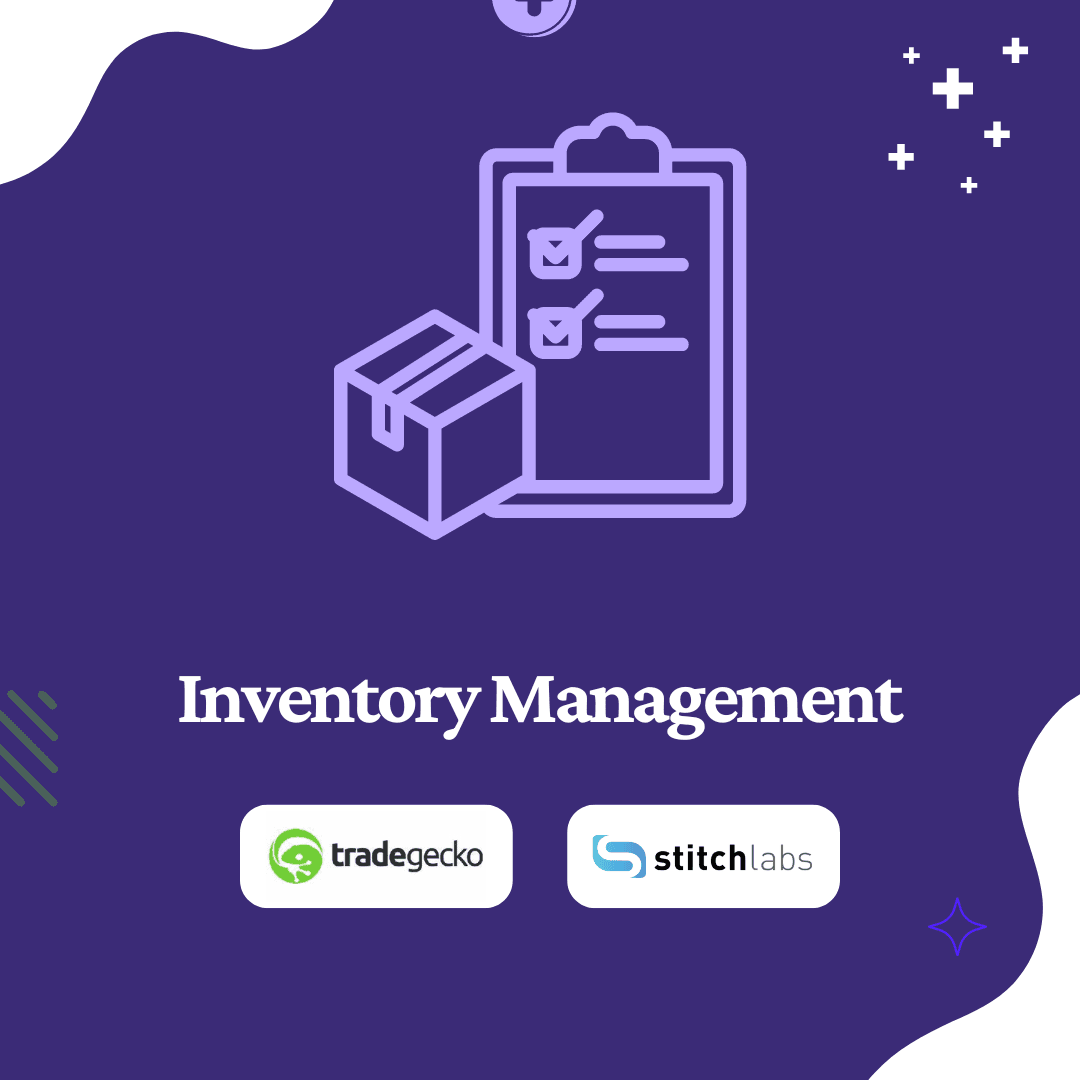What is Ecommerce Integration and Why Does Your Business Need It?
Explore the importance of eCommerce integration for business success. Seamlessly connect platforms to boost efficiency and enhance customer experience.
Introduction:
In today's digitally driven world, eCommerce has become a cornerstone of business success. As more businesses shift towards online platforms, the need for efficient eCommerce integration has never been more crucial. Let's delve into what eCommerce integration entails and why it's a game-changer for businesses of all sizes.
What is eCommerce Integration?
eCommerce integration refers to the seamless connection of various business systems and processes to streamline operations and enhance overall efficiency. It enables the synchronization of data, processes, and workflows across different departments, such as sales, marketing, inventory management, and customer support.
The significance of eCommerce integration lies in its ability to break down silos within an organization, allowing for real-time data sharing and decision-making. By integrating eCommerce platforms with other essential systems like ERP (Enterprise Resource Planning), CRM (Customer Relationship Management), and marketing automation tools, businesses can achieve a holistic view of their operations.
Benefits of eCommerce Integration:
Improved Efficiency:
By integrating disparate systems such as inventory management, order processing, and shipping, businesses can automate workflows and reduce manual intervention. This streamlined approach not only saves time but also minimizes errors, leading to improved operational efficiency.
Enhanced Customer Experience:
Integration ensures a seamless shopping journey for customers. From browsing products to checkout and post-purchase support, a well-integrated eCommerce platform provides a cohesive experience, fostering customer satisfaction and loyalty.
Data Accuracy:
With integration, data flows seamlessly across different systems, eliminating discrepancies and ensuring real-time updates. Accurate and up-to-date information is crucial for informed decision-making and personalized customer interactions.
Scalability:
As businesses grow, their eCommerce needs evolve. Integrated systems are inherently scalable, allowing for smooth expansion without compromising performance. Whether it's handling increased orders or adding new features, integration supports long-term growth strategies.
Types of eCommerce Integrations:
Payment Gateways:

Seamless integration with payment gateways enables secure and hassle-free transactions, enhancing trust and convenience for customers.
Shipping & Logistics:

Integrating shipping and logistics services streamlines order fulfillment, tracking, and delivery, leading to faster and reliable shipping experiences.
Customer Relationship Management (CRM):

Integrating CRM systems centralizes customer data, enabling personalized interactions, targeted marketing, and effective customer support.
Email Marketing:

Integration with email marketing platforms facilitates automated campaigns, audience segmentation, and performance tracking, driving engagement and conversions.
Analytics & Reporting:

Integrating analytics tools provides actionable insights into customer behavior, sales trends, and campaign performance, empowering data-driven decision-making.
Product Reviews & Ratings:

Integration with review platforms encourages user-generated content, builds trust, and influences purchase decisions through social proof.
Inventory Management:

Seamless integration of inventory systems ensures accurate stock levels, prevents stockouts, and optimizes inventory turnover, reducing costs and improving sales.
Security & Fraud Prevention:

Integration with security protocols and fraud detection systems safeguards customer data, transactions, and sensitive information, bolstering trust and compliance.
Marketing Automation:

Integrating marketing automation tools enables targeted campaigns, personalized recommendations, and lead nurturing, driving conversions and ROI.
Why Your Business Needs eCommerce Integration:
Competitive Advantage:
In a competitive market, integrated eCommerce operations give businesses a competitive edge. Faster order processing, personalized marketing, and efficient customer support contribute to higher customer satisfaction and retention.
Improved Operations:
Integration streamlines operations, reduces manual errors, and lowers operational costs. From inventory optimization to order tracking, businesses can achieve greater efficiency and profitability.
Customer Satisfaction:
A seamless and consistent shopping experience across all touchpoints enhances customer satisfaction and loyalty. Integration enables personalized recommendations, timely support, and convenient transactions, fostering long-term relationships.
Conclusion
In conclusion, eCommerce integration is not just a technological advancement but a strategic imperative for modern businesses. It optimizes processes, enhances customer experiences, and fuels business growth in a digital-first world. As you navigate the complexities of eCommerce, consider the power of integration to unlock new opportunities, drive efficiency, and stay ahead in today's dynamic market landscape. Embrace eCommerce integration, and pave the way for sustainable success and customer delight.
MUST READ: Top 10 Best Ecommerce Websites in 2024
Share:
Latest Posts
Have a project in mind ?
Are you a start-up?
We offer landing page development for selected startups for free
